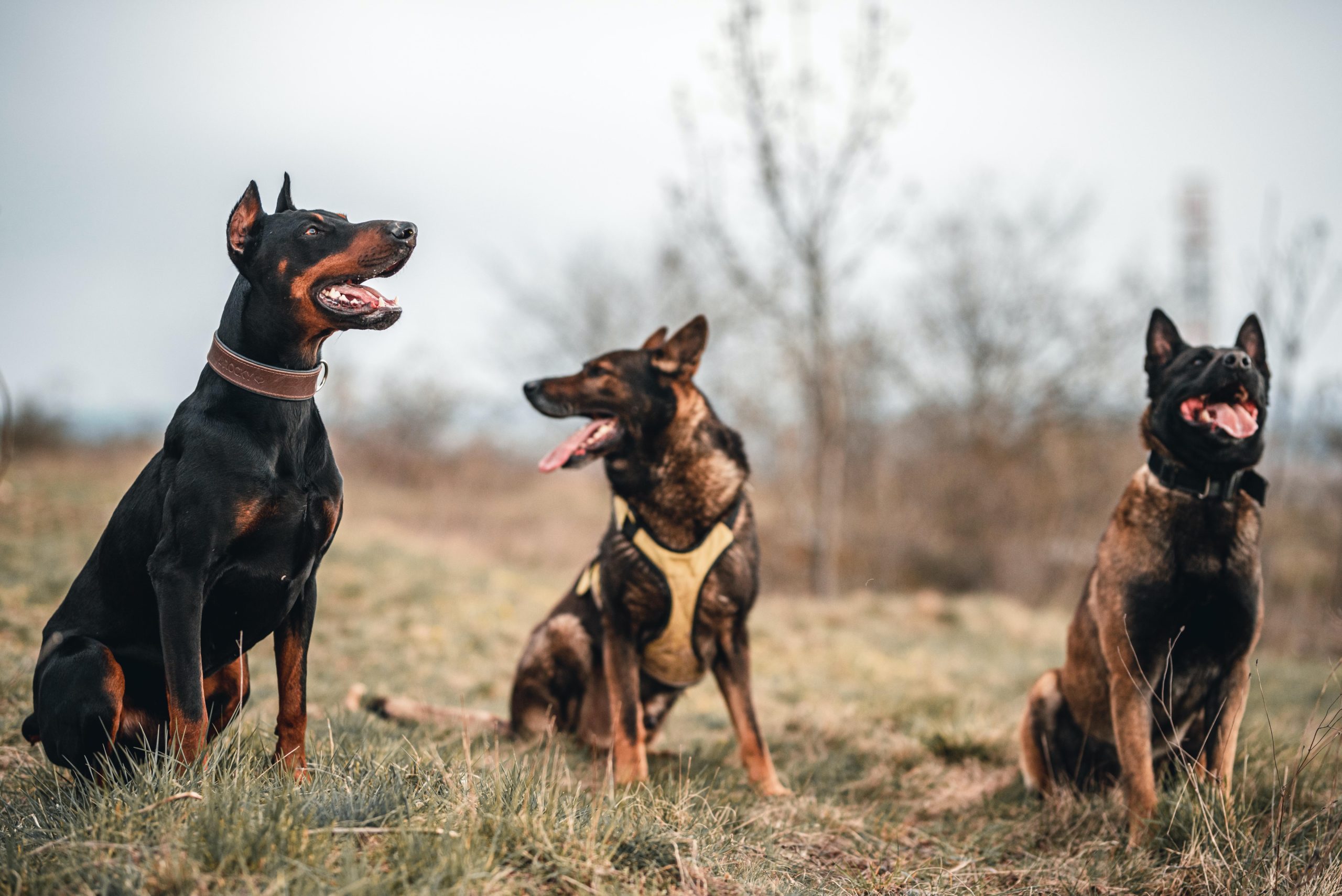Nearly two in three U.S. households own a pet, and as owners transition back to life outside the home, more pets will be left alone.
This time of transition could spell behavioral issues for dogs, such as separation anxiety resulting in aggressive or destructive behavior. According to experts, poor pet behavior could be more of a problem for dogs adopted during the pandemic.
During the last transition in March 2020, State Farm says claims data saw a 21.6% jump in dog bites compared to March of the previous year. That was likely due to dogs dealing with disruption in routines, owners’ stress, and more people being around the house for extended periods.
Dog bite-related claims costs have been climbing. In 2020, the Insurance Information Institute reports that insurers paid more than $850 million for dog bite and injury claims. Last year, the costs rose again, with claims paid out topping $880 million.
The average cost per dog-related claim is rising as medical costs, legal settlements, and jury awards increase. In 2020, the average cost was $50,245 in 2020, up 12.3% from $44,760 in 2019.
But it is not just dog bites. Claims costs are attributable to dogs knocking down children, cyclists, and elderly adults, which can also result in costly injuries.
Dog Bite Liability and Insurance
When it comes to insurance coverage for dog-related claims, the typical homeowners and renters policies will cover liability expenses up to the limits. If the claim exceeds the limits, the dog owner is responsible for all damages above that amount.
However, some insurers will not cover liability from certain breeds of dogs deemed “dangerous,” such as pit bulls, Doberman Pinschers, and Rottweilers. Other carriers may make decisions on a case-by-case basis. So if you own a dog whose breed is on your insurer’s ineligible list, you still have options, according to a recent Bankrate blog on pets and insurance.
Once a dog has acted aggressively, it poses an increased risk. Insurers may exclude the dog from coverage, charge a higher premium, or possibly non-renew the policy.
Talk with a trusted insurance advisor if you have questions about your pets.
Helping Pets with Transitions
As experts fear a new disruption could lead to another spike in dog bites, the American Veterinary Medical Association and National Dog Bite Prevention Coalition has several recommendations to help our pets:
- Make sure your pet is healthy. Not all illnesses and injuries are apparent, and dogs are more likely to bite if they are sick or in pain.
- Take it slow. If your dog has only been interacting with your family this past year, don’t rush out into crowded areas or dog parks. Try to expose your dogs to new situations slowly and for short periods.
- Educate yourself in positive training techniques and devote time to interacting with your dog.


